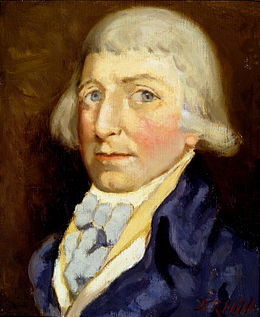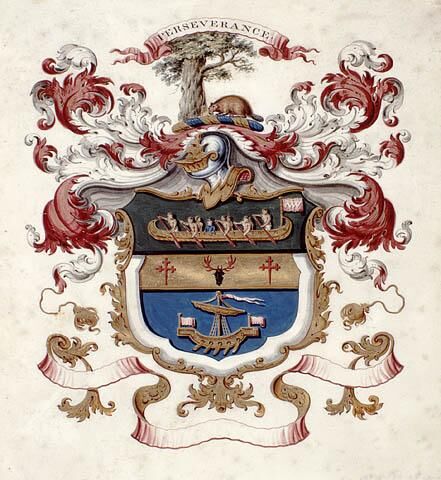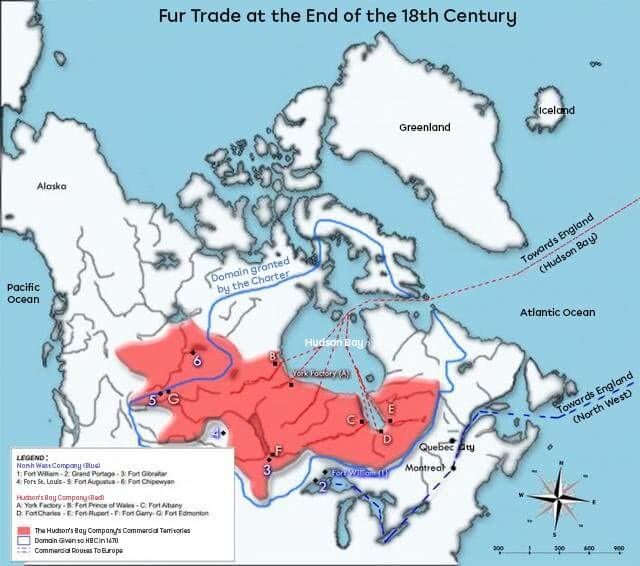After the War of the Conquest of 1763, the Province of Quebec’s primary economic activities were the same as during the New France era. However, from this moment on, natural resources were exported to the British Empire and British merchants assumed control of the various trades.
Just like France, Great Britain adopted a mercantilist policy with the Province of Quebec. They exploited the colony’s natural resources to enrich themselves and sold manufactured goods to the colony in return. However, compared to France, Great Britain regulated its colony’s commerce less and all merchants were free to trade various goods.
Following the War of the Conquest, British merchants settled in the Province of Quebec, particularly in Quebec City and Montreal, where they came to outnumber Canadien merchants within a few years. British merchants had an advantage over Canadiens merchants because they could more easily create ties with companies in Great Britain. As a result, they quickly took control of exports (natural resources) and imports (manufactured goods to be sold to the colonists) to and from the colony. By the end of the 1760s, they controlled almost all of the Province of Quebec’s trade and economy.

After the War of the Conquest, British merchants gained control of the fur trade. From then on, furs were to be exported to Great Britain. Canadiens had already developed a trade network with Indigenous peoples, so British merchants hired them, mainly as voyageurs.
After the War of the Conquest, Hudson’s Bay Company, which had dominated the fur trade, faced fierce competition from the British merchants of Montreal, who were referred to as the Montrealers. They founded the North West Company in 1783.

Also, because of the 1783 Treaty of Paris, the companies no longer had access to the area south of the Great Lakes or to the Ohio Valley because these territories had been ceded to the Thirteen Colonies. Thus, they had to look to the northwest, outside the Province of Quebec, to get fur supplies. However, the fur trade remained just as crucial for the colony’s economy. The voyageurs had to constantly travel further for furs, and these expeditions increased costs for the companies.

Just as it had been in New France, agriculture was the most common economic activity in the Province of Quebec. While it was primarily intended to feed colonists and supply local markets, bountiful harvests in the 1770s meant surplus wheat could be exported to Great Britain, bringing additional revenue for many colonists.
Fishing also remained an important commercial activity for the new British colony. Even though the French retained the right to fish in the Gulf of St. Lawrence, British companies controlled the fisheries. British merchants hired the Canadiens as fishermen. Dried cod began to be exported to Great Britain and its colonies in the West Indies and South America.